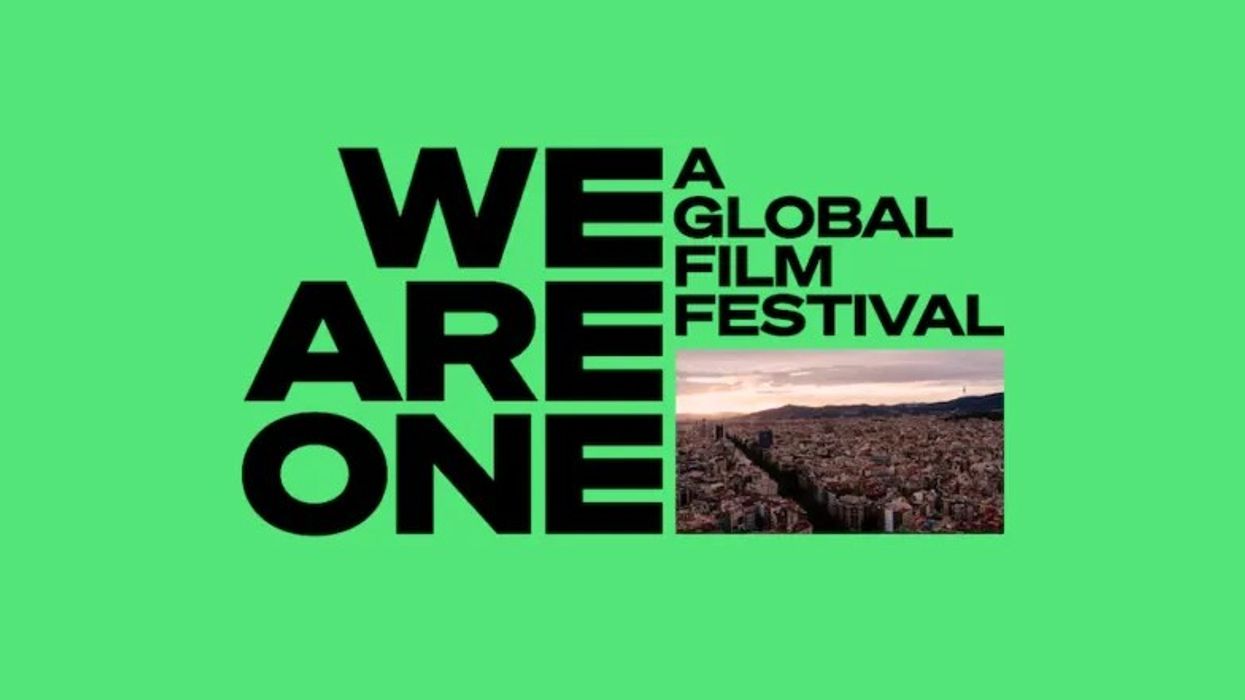Why Are So Many First-Timers Flocking to This Global Online Film Festival?
Tribeca Enterprises' first foray into digital screenings raised some questions about the future of the film festival circuit. But it also opened many viewers' eyes to what the festival experience has to offer for the very first time.

Online film festivals aren’t some new thing. But when Tribeca Enterprises partnered with YouTube to launch the inaugural edition of We Are One: A Global Film Festival, it gave us a glimpse of how support from large industry organizations could bring new viewers into the greater fest-going demographic.
What kind of new viewers, exactly? First-timers.
According to a recent press release, 77% of the roughly 1.6 million unique visitors that We Are One received reported that they had never been to a film festival in real life.
When Tribeca Enterprises CEO Jane Rosenthal and co-founder Robert De Niro announced that they would team with a who’s who of major international festivals to take their programming to the digital space, the move was met with healthy skepticism.
Of course, at this COVID-19-dominated moment in time, with large gatherings rendered a grave public health risk, almost any festival experience is preferable to none. But if key players open the Pandora’s Box of streaming their selections online, there’s cause for concern about what longterm effects this short-term solution might have. Will an unprecedented ease of access to festival films create more demand for virtual screenings? And will that new demand translate to lower attendance of future physical screenings?
It’ll take some time before any sufficient answers to these questions come clearly into focus, but for now, the results of Rosenthal and De Niro’s improvised experiment appear to be a net positive. With its top 10 country views coming from Japan, India, U.S., U.K., Germany, France, Canada, Brazil, Mexico, and Australia, We Are One has attracted engaged audiences for the 100-plus films that were co-curated by 21 participating festivals across 35 countries.
In a best-case scenario, these numbers could suggest that the online festival space may be a gateway drug of sorts for the uninitiated. For those who fall in love with the communal experience this online festival has fostered, the decision to leave their laptop screens and attend their nearest festival in a post-COVID economy might be the next logical step.
We Are One added in its press release that the zany Ugandan action thriller Crazy World—which first screened as part of Toronto International Film Festival’s lauded Midnight Madness program—emerged as a fan favorite, according to polling data. “Bilby,” a 2018 short from DreamWorks Animation, received the most comments of all films screened, and director Prateek Vats’ feature debut, the scathing social satire Eeb Allay Ooo!, received the most likes.
Scores of household name filmmakers also rallied behind the festival, including Jane Campion, Francis Ford Coppola, Jackie Chan, David Cronenberg, Guillermo del Toro, Bong Joon-ho, Steven Soderbergh, and Tessa Thompson—all of whom were panelists in discussions on their influential works of the past and their views on the key issues facing filmmakers of the present.
At its core, We Are One is a response to the cultural needs created by social upheaval. When the festival began, “upheaval” was chiefly defined by the devastation that the COVID pandemic has wrought. But once the killing of George Floyd ignited nationwide protests in solidarity with the Black Lives Matter movement, We Are One was tasked with meeting that moment, too. The festival chose to conclude its 10-day stint with a screening of Copwatch, Camilla Hall’s 2017 debut documentary that follows We Copwatch, an organization that films police activity to expose, protest, and prevent police brutality.
We Are One wrapped on Sunday, but the festival has kept a number of VOD titles available to stream on its YouTube channel.
Source: We Are One













